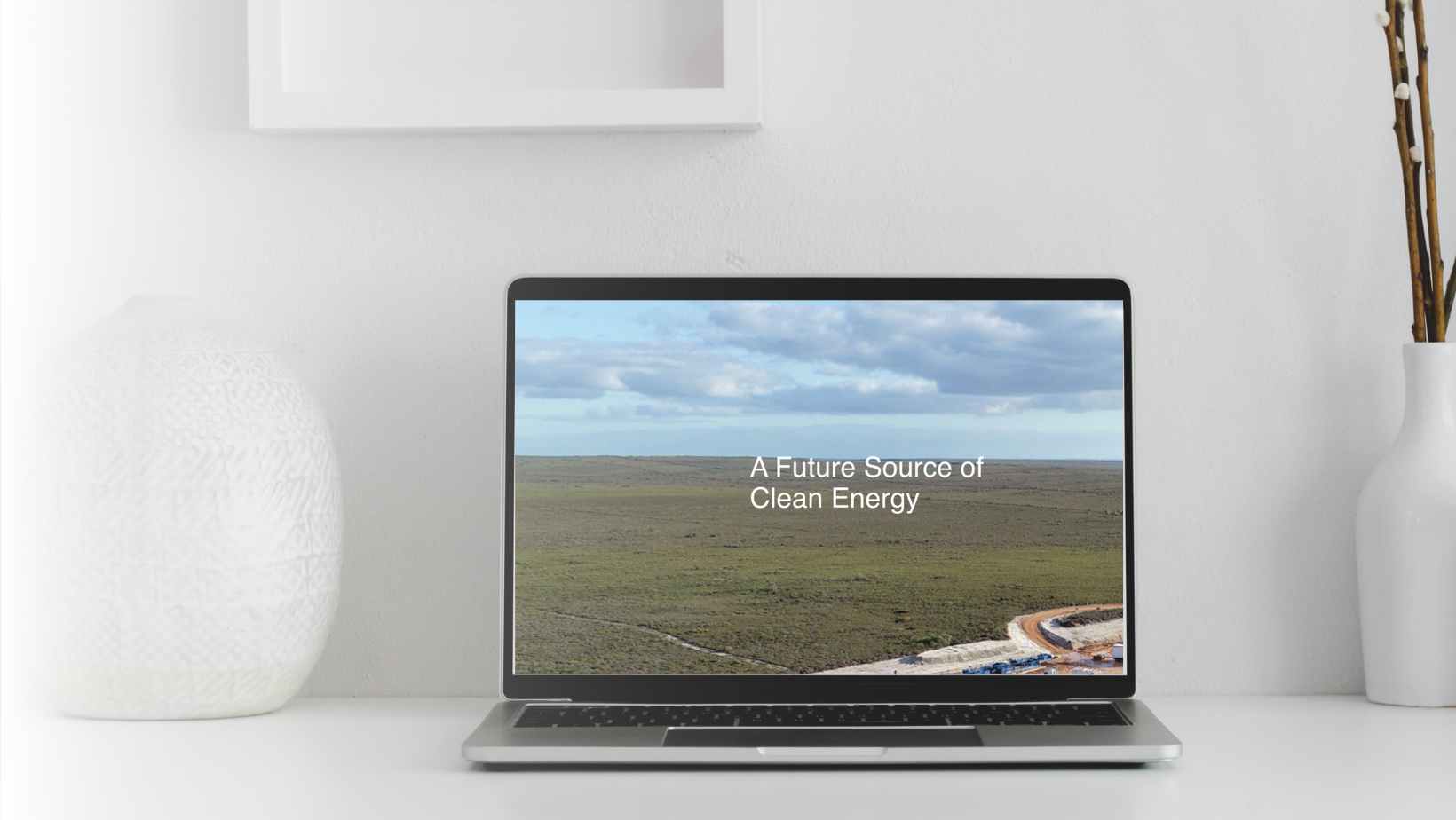Research by Comms Declare has found a boom in lobbyists working for fossil fuel companies racking in record profits on the back of the war in Ukraine.
More than 90 Australian agencies are believed to currently have fossil fuel clients, almost double the 54 agencies in 2022. Four agencies were removed.
Twenty five of the 32 new entries are lobbyists working for oil and gas companies.
Belinda Noble, Founder, Comms Declare said, “Cashed up fossil fuel companies want to expand production and muscle out renewables, and a flock of lobbyists are helping them influence the government and greenwash their projects.
“Agency influence can be seen in the boom in greenwashing, such as the Northern Territory’s Middle Arm gas and petrochemical hub being shamelessly rebadged as a “Sustainable Development Precinct”, and hydrogen made with coal or gas being described as ‘clean’ or ‘renewable’.”
Tim Buckley, Director, Climate Energy Finance says Australia exported $240B worth of fossil fuels last year, with a 70% profit margin – creating $150B in gross profits.
“The unprecedented war profiteering of fossil fuel companies is the reason why we have a cost of living crisis and an energy crisis. They’ve never had more money to fund their lobbying efforts to delay climate action and protect their profits.”
Globally, research by U.S-based Clean Creatives reveals a record 500 fossil fuel contracts at 294 agencies. These agencies – including WPP, Omnicom, Interpublic Group, Publicis, Dentsu, Havas, Edelman and others – knowingly work against scientific consensus.
Duncan Meisel, Executive Director, Clean Creatives said “The agencies named in the F-List know that their work for polluters is doing real damage to the planet, and it’s time for them to listen to the scientific community calling for an end to their misleading work.”
“Thanks to a growing grassroots movement, more and more governments are banning advertisements from polluters. This kind of advertising will come to an end. The question for the ad industry now is whether they will help lead that transition, or be swept away by it.”
F-list highlights – Australia
- Most polluting agencies: JSW Research, SEC Newgate (7 fossil fuel clients)
- Most self-promoting clients: Santos, Ampol (9 agencies)
- For the first time, a government has been included, following revelations that the Northern Territory has been lobbying for gas expansion. Lobbyist, Dragoman represented the NT government, and its Chair, Andrew Liveris, also co-chaired the NT government’s report that recommended the development, as well as having strong business ties to oil and gas interests.
- A new inclusion is outdoor media companies, Torch Media, JCDecaux and oOH! Media, for running big brand campaigns for the likes of Ampol, Glencore, Santos and APPEA.
- A bright spot in the past year was Cummins&Partners breaking ties with Energy Australia. Deloitte picked up the work despite claiming to be a “leading voice on climate, sustainability and energy issues”.
- In WA, Labor-linked lobbyist CGM recast itself as ESG and sustainability advisor, ReGen Strategic, while its client, Strike Energy, was fast-tracked for four new gas projects in 18 months.
- A notable absentee from the list of clients is Woodside. Its in-house team is lobbying including on behalf of partners, PetroChina International Investment, the Chinese National Petroleum Corporation, the Kuwait Foreign Petroleum Exploration Company and more.
F-List highlights – International
- The holding company with the most fossil fuel contracts is WPP with 55, despite their global net zero pledge. Omnicom is second, with 39 contracts.
- The holding company agency with the most public fossil fuel contracts is Ogilvy, with at least 7, including the American Petroleum Institute, BP, Petrobras, and more.
- The independent agency with the most fossil fuel contracts is Pitch Digital, with 22 contracts concentrated in the Canadian tar sands industry.
- Individual analysis of the world’s largest communications firms, such as WPP, Omnicom, Interpublic Group, Publicis, Dentsu, Havas, Edelman, to reveal their tactics for misleading on sustainability goals.
- Case studies of TotalEnergies’ work in South Africa, revealing a major loophole in Edelman’s climate policy.
The most recent IPCC report spoke directly to the communications and PR industry, saying that “the media shapes the public discourse about climate mitigation” and that fossil fuel PR and marketing must stop immediately. Following this statement, in 2022, UN Secretary-General Antonio Guterres addressed the UN General Assembly and declared that “we need to hold fossil fuel companies and their enablers to account. [This] includes the massive public relations machine raking in billions to shield the fossil fuel industry from scrutiny.”

